Alanah Davis: Losing My Religion: Comparison, Initialism, and Handles
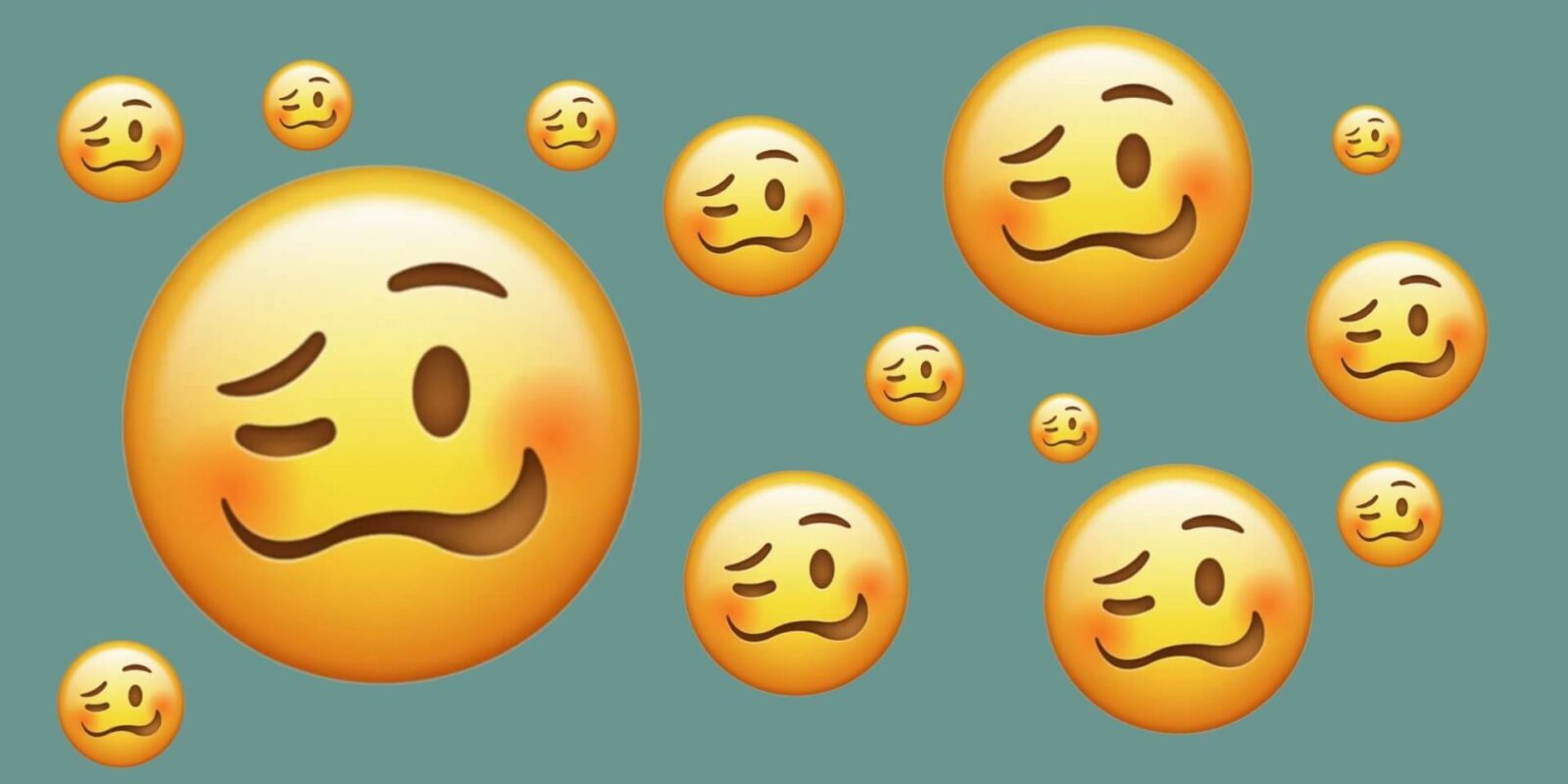
For as long as I can remember, my second language — and damn near my first — was rooted deeply in the linguistics of the world wide web. As a digital millennial my pronouns may as well be Uniform Resource Locator or URL.
I could guess and likely be unrelentingly right in saying that I’ve spent more social time on the web than IRL — or in real life for those of you who don’t fluently speak initialism: an abbreviation consisting of initial letters pronounced separately as defined by the Oxford English Dictionary. You’ve got to be pretty important to be defined by Oxford. LOL.
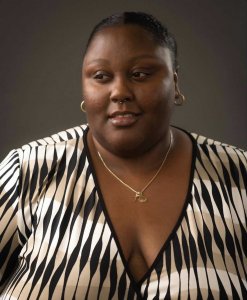
Alanah Nichole Davis
At some point between signing up for Myspace, where I learned HTML coding, and becoming a self-employed individual in her early twenties whose salary was fueled by her ability to run Instagram, or IG, pages and make flyers — I joined a cult? Or pledged what seemed like it would be a lifelong devotion to social applications?
In what was not an unfamiliar scene for my former life, back on September 6th at around 3 a.m. I found my body curled around my pillows and my hands wrapped around my phone, my mind bound by its contents.
I found myself in worship with my device and everything it said, everything the people inside my device said, everything they felt, feared and factored into their own lives — or onto mine, for better or worse.
My followers and the people who I followed on social applications had become my religion and I’d come to their altar daily for the news, looking for what to believe in, looking for what not to believe in. And it wasn’t strange because I always had been in awe of my screen brightness and what it held for me. I was always grateful for its blessings, but in recent times more aware of its curses.
In the few clicks and a short call before the sun could even rise on that early September morning, I decided that I didn’t need to be online anymore. At least not in the way I had been.
For some time I’d felt these feelings, and for what felt like even longer, I ignored them. I think I followed Kim Kardashian, one of our first social media goddesses, in 2009 after being sucked in as a fan of Keeping Up With The Kardashians, or KUWTK.
I’ve never been big on reality TV — I’m not good at watching shows in their consecutive, episodic nature — until the revelation known as Netflix emerged with its iteration of a streaming service and now we all have binge-watching. …Maybe I’ll tackle that in another piece? Anyway, I wasn’t good at watching TV, but I was good at following people on Instagram.
After a few episodes it dawned on me that I could follow Kim online and that made the show so much more enticing. Kim is the third human being I remember being cognizantly envious of online. I would look at the sheen of her hair, her proportionate curves, her lifestyle, the way she and her family casually rode in Mercedes-Benz G Class SUVs just to get to the supermarket and back.
I was and still am far from Kim’s body type, far from her lavish lifestyle; not to self-deprecate, but in comparison I would feel like a sack of potatoes watching her. I was green both with envy and in understanding the effects that following starlets like Kim would have on me, on a lot of women, on a lot of humans.
Not but a few short years later I found myself in a phase of my life fueled by cold-pressed juice, yoga mats, mindfulness and body positivity — a mindfulness that would nix my thirst for watching things like KUWTK or following Kim.
I started following people on Instagram like Alex Elle, who is best known for her short and pithy life-coach-esque quotes; Jessamyn Ward, who is a plus-sized yogi; Dana Falsetti, who used to occupy a page called @nolatrees; and others in a similar wellness-scape that truly began to alter the way I saw myself and what I grazed on in feeds online.
That newfound wellness-scape found me around 2012, just after the birth of my first daughter. I think it goes without saying that having a child is a life-altering event, and I was sure that my switch over to what I’ve identified as wellness-gram would be a far cry from the online feeds that I previously grazed on. I stayed there in wellness-scape, even growing my own following to about 2,500 followers and becoming a very micro-influencer.
My brand and sphere of influence included body-positive yoga, meditation workshops, poetry and eventually in-person open mics, which pushed me up and over the 3,000-follower mark between 2015 and 2018, which feels like a lifetime ago.
At every growth point in my own page and with others, I would notice changes in both the applications we used like Instagram, but also changes in the sphere of influencers. Things like lawsuits, callouts, missteps and abuse happen at an exceptional rate amongst the influencer community. I remember when the aforementioned Dana Falsetti left her 240,000-follower page, posting a message in her bio that read “Currently away from this account. Thank you for all your love!”
It has become a common happening to see people remove themselves — or try to remove themselves — from social applications with or without warning, whether it was fueled by them saying the wrong thing and having mobs of their own followers chase them offline, or that their mental health was suffering because of waves of comparison, thieves of joy and time sucks that find us oh-so-easily on the shores of our not-so-beachy social accounts.
Which leads me to why I’ve decided to sunset my Instagram at just about 6,000 followers, my Facebook with a little over 3,000 friends and my Twitter, which I never really paid attention to.
My follower count is a drop in the bucket in comparison to Instagram’s 1.386 billion users. IG is the fourth-most-used social media app with the first, second, and third being Facebook, Youtube, and Whatsapp.
I was no Kim Kardashian on IG but I did interact with enough people for it to have negative effects. Many of the studies on the negative effects of social media are focused on teen girls but are supported by Facebook’s own report entitled ‘Widely Viewed Content Report: What People See on Facebook.’
Let me remind you that Facebook owns Instagram and about 90 other companies.
Teenagers aren’t the only age group suffering from the ills of comparison, initialism and mental health issues as it relates to our social media handles. Adults are not an exception to these negative effects.
I was and am addicted to spiraling up and down with the unholy constant meeting of minds happening on the interweb, a web I have been caught in since my adolescence. A web that exists in a world where I, as a Black Woman, am already trying not to be just a data point, just a number or a body. Every time I logged in, I was sucked into a cynical world where brevity reigns — whether it be in shortening words or oftentimes our own feelings in the name of “relating” to one another in a few milliseconds over short, minute visits over the course of an entire day.
But are we ever really relating or understanding each other on social apps? Are we ever really connecting at all? Or following the lives of others with good intent at all?
I really challenge that and this week on 10/4/21 at 10:40 a.m. when Facebook, Instagram and Whatsapp experienced their largest outage since 2008, it gave everyone else an opportunity to ask the same questions I asked myself at 3 a.m. on September 6th: Should we be on social apps at all? Can we live without them?
I’m not sure, but I do know that social media can’t be my religion anymore, the single-most thing that I believe in, study, and develop (or not) because of the most.
Since my official hiatus from social apps, I’ve dipped in and out for work, but for work only. I’ve reinvested the energy I would have typically used for socials instead playing Scrabble with my mother, visiting museums with my children, listening to “On Being” with Krista Tippett in the mornings on the drive to school, breathing deeply, texting intentionally and inviting only the company of people that make me feel good — not kind of good, really good.
I like this new reality and the control over how I feel. I’m not absorbing unnecessary toxicity or ridicule. And I think everyone deserves that freedom.
Social media may not have been surrounded with stained glass or had a singular person at its pulpit, but I worshipped it. It was my idol, not any one person but many. And IMHO, I’m not sure I’ll be sitting in its pew for leisure anytime soon.
Amen.
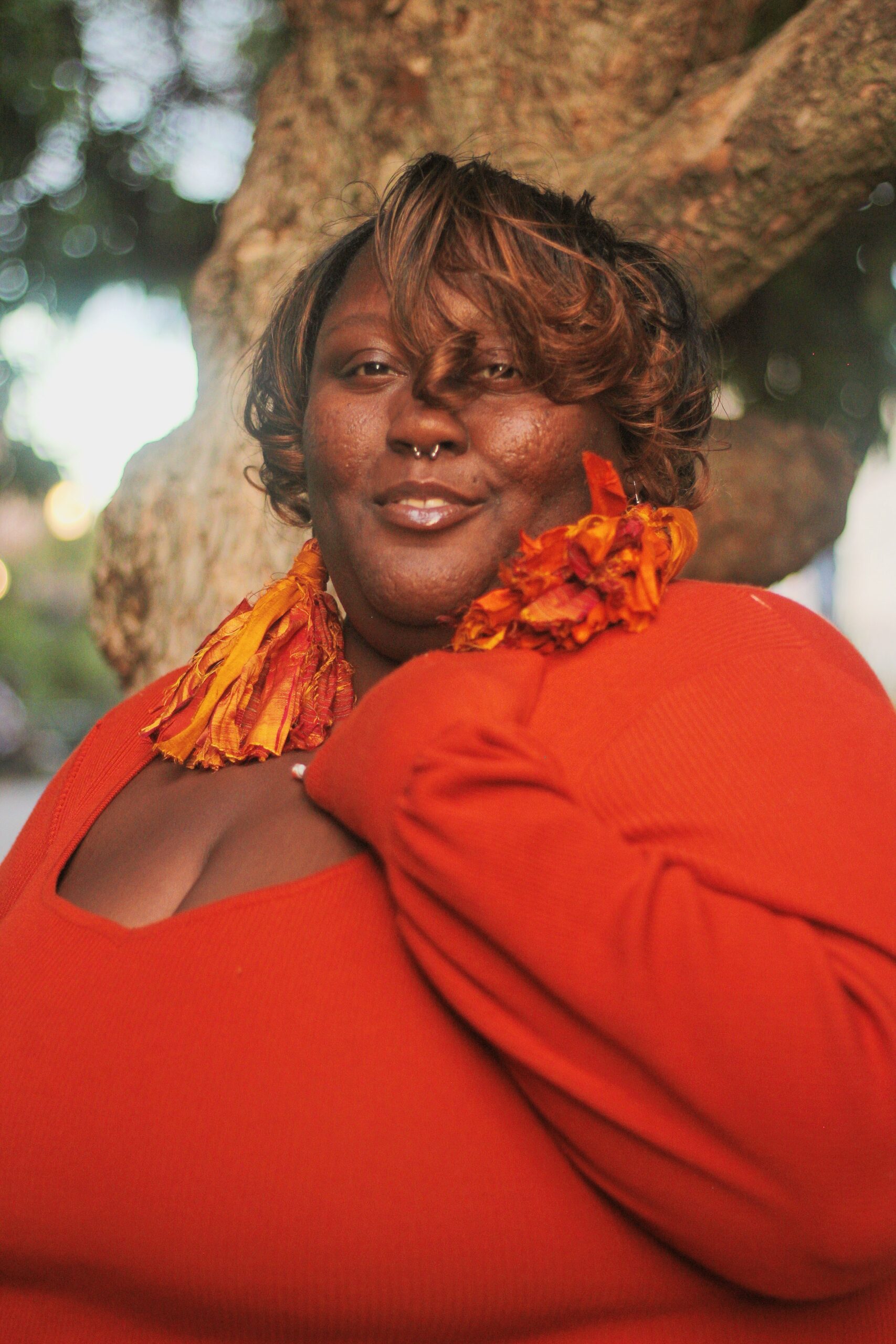

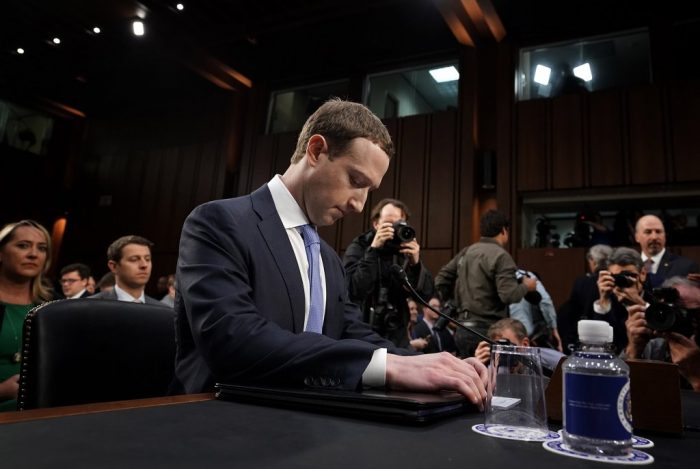
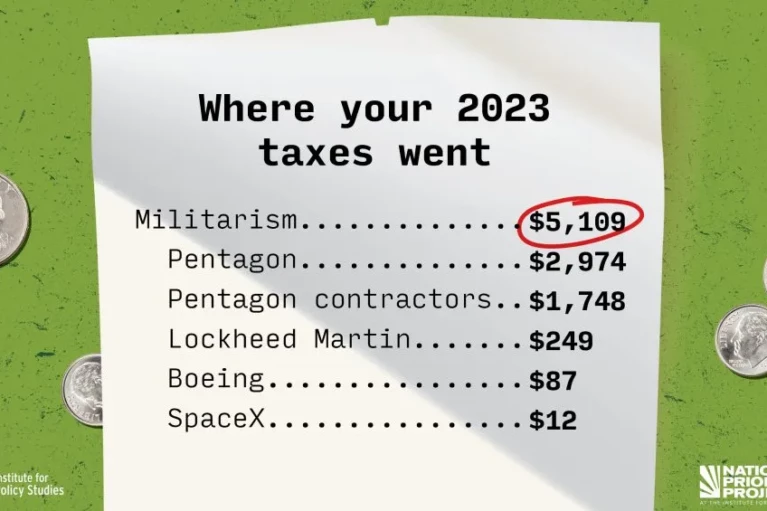
 Creative Commons Attribution
Creative Commons Attribution